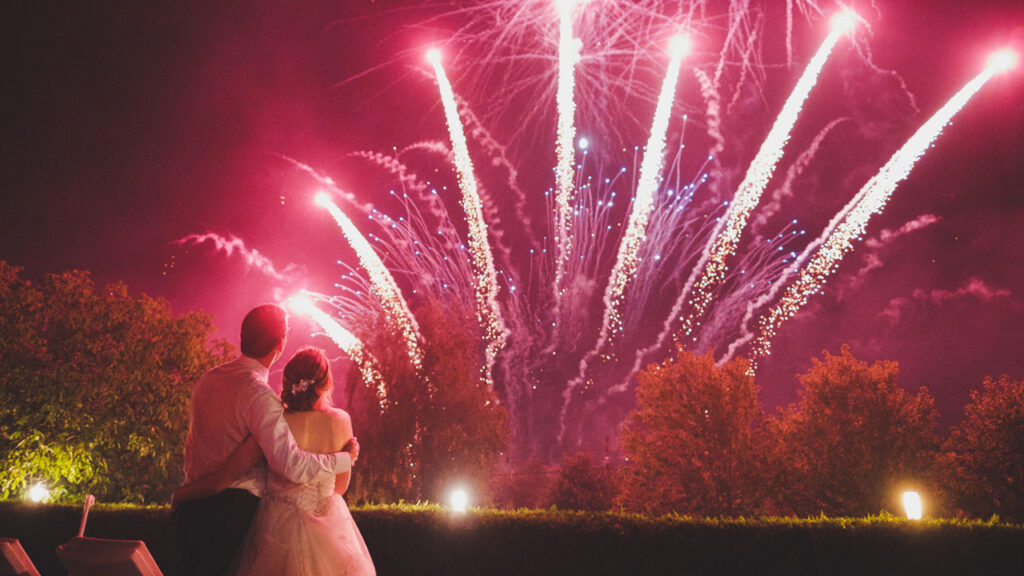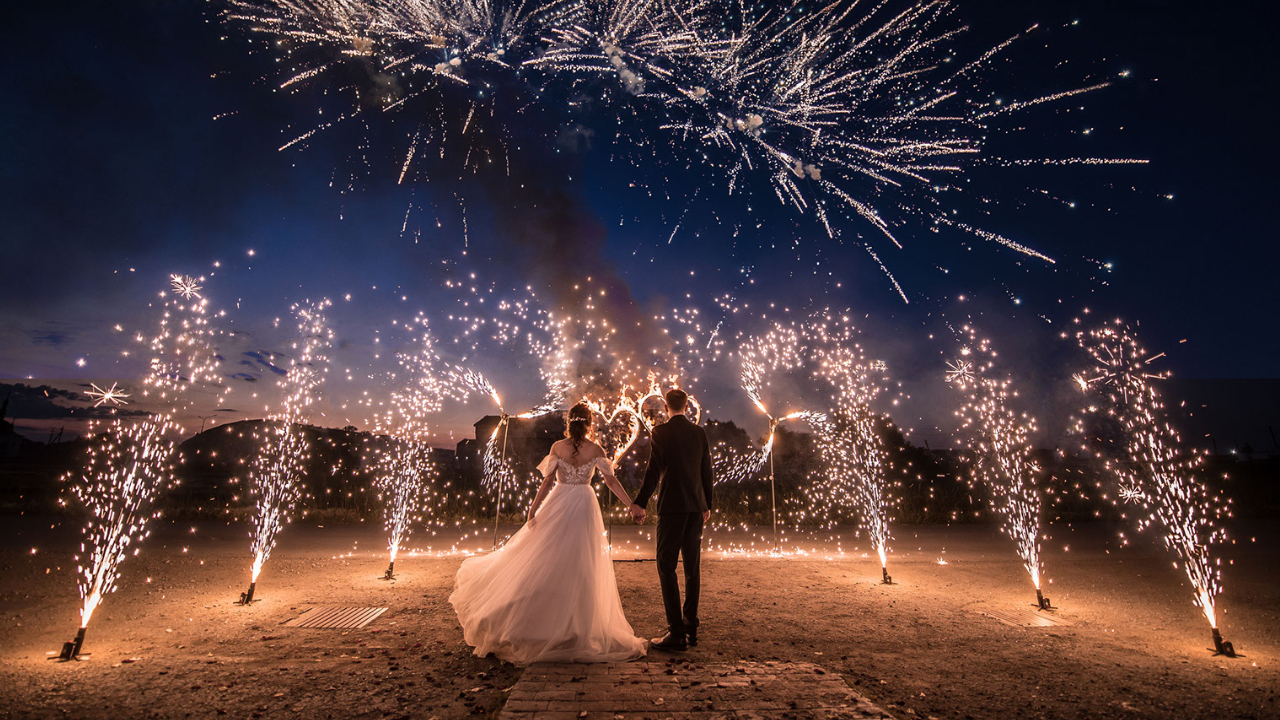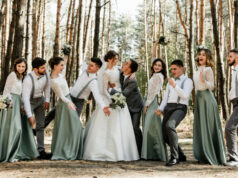Celebrating your special day with a sparkling display of fireworks can create unforgettable moments. However, the regulations for firework displays at weddings differ significantly across Europe. Understanding these regulations is essential to ensure a seamless and legal celebration. This article will guide you through firework regulations in various European countries, focusing on key regions like the UK, France, Spain, and Italy.
▶️ Read also : A journey through European wedding traditions
⚠️ Note: The information provided in this article is correct as of the publishing date and should serve as a general guide. Always check with local authorities for the most up-to-date regulations.
Understanding Firework Regulations in the UK
In the UK, the public can use category F1, F2, and F3 fireworks without requiring a professional license. However, restrictions apply to the timing of firework usage. Fireworks are usually not permitted between 11 pm and 7 am, with exceptions for certain occasions.
Although weddings do not fall under this exception, you can apply for local authority permission. Always check with your venue as well, as some may have specific restrictions due to their location or safety considerations.
🔗 UK Government – Firework Regulations
📓 Definitions (in the UK, but they are in line with the rest of Europe) : Category F1 fireworks are fireworks which present a very low hazard and negligible noise level and which are intended for use in confined areas, including fireworks which are intended for use inside domestic buildings. Category F2 fireworks are fireworks which present a low hazard and low noise level and which are intended for outdoor use in confined areas. Category F3 fireworks are fireworks which present a medium hazard, which are intended for outdoor use in large open areas and whose noise level is not harmful to human health. Category F4 fireworks are fireworks which present a high hazard, which are intended for use only by persons with specialist knowledge and whose noise level is not harmful to human health.
French firework regulations: brightening your special day
France categorizes fireworks based on their potential hazard level, from F1 (minimal hazard) to F4 (professional use only). F1, F2, and F3 fireworks can be used by the public, but you’ll need to check with your local prefecture for any additional restrictions.
Interestingly, France doesn’t impose a specific time limit for firework displays, but be considerate of noise pollution regulations. Again, your venue may have its own guidelines, so it’s crucial to discuss your plans with them.
🔗 French Public Service – Firework Regulations
Fiesta of Lights: Navigating Spain’s Firework Regulations
Spain’s love for fireworks is well-known, with many regional fiestas incorporating vibrant pyrotechnic displays. However, regulations for private events can vary depending on regional laws. In general, categories F1 to F3 are permitted for public use, while F4 category is for professionals only.
Some regions require you to notify the local police about your firework display, especially for F3 category fireworks. Remember to check with your venue and local authority for precise guidelines.
🔗 Spanish Pyrotechnic Federation – Firework Regulations

Italy: A Symphony of Lights under the Mediterranean Sky
In Italy, anyone over 18 can buy and set off F1, F2, and F3 category fireworks. However, it’s essential to inform your local town hall if you’re planning a larger firework display, especially in populated areas or near historic buildings. Also, consider hiring a professional for any complex displays to ensure safety and compliance with local regulations.
🔗 Italian National Safety and Fireworks Association
Portugal: Lighting up the Iberian Peninsula
Portugal follows a similar categorization of fireworks to its European counterparts, with F1, F2, and F3 fireworks available for public use. The use of F4 fireworks requires a licensed professional.
However, Portugal also has additional classifications for sound levels (S1 to S3), with S3 being the loudest and requiring professional handling. Fireworks are typically allowed until 1 am in public celebrations, but this may differ for private events like weddings, so it’s important to verify this with your local authorities and venue.
🔗 Portuguese Institute for Security and Explosives Regulations
A Grecian Night to Remember
In Greece, the law allows for fireworks categorized as F1, F2, and F3 to be used by the public, while F4 category fireworks are reserved for professional use. However, there are local restrictions to consider, particularly in areas of historic or archaeological significance where the use of fireworks might be limited or prohibited. Remember to check with your local municipality and venue for any specific guidelines.
Germany: Fireworks, Romance, and Regulations
In Germany, fireworks are classified into categories F1 to F4, with the first three being available for public use and F4 restricted to professionals. There are no specific time restrictions for fireworks at private functions; however, it’s recommended to inform your neighbors and local authority in advance.
It’s also worth noting that some cities or regions in Germany have additional restrictions, especially in areas near old timber-framed houses or where there is a risk of fire.
🔗 German Federal Institute for Materials Research and Testing
In conclusion, while lighting up the sky on your wedding night can indeed make the occasion magical, it’s crucial to understand and adhere to firework regulations in your chosen European country. Regulations often balance between allowing festive celebrations and ensuring public safety, so a bit of research and planning can go a long way in ensuring your firework display goes off without a hitch.
When planning a firework display for your wedding, keep these key points in mind: the categorization of fireworks, time restrictions, and the need for professional handling in some cases. Always remember, your venue and local authority are valuable sources of information, so include them in your planning process.






